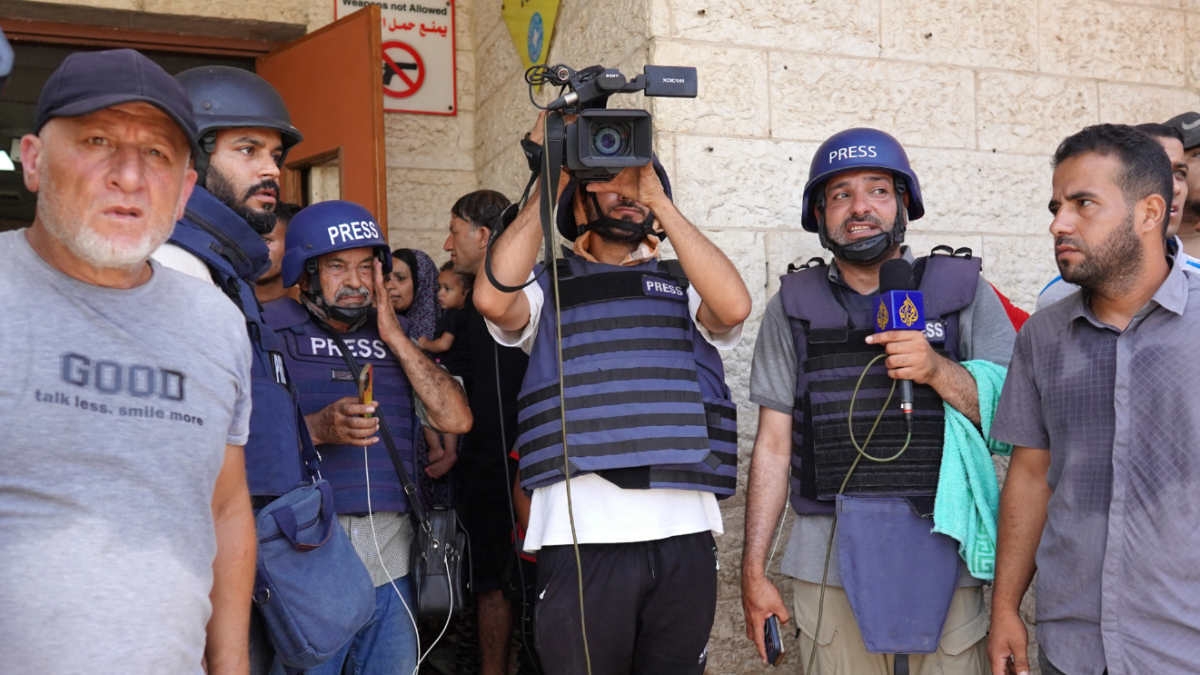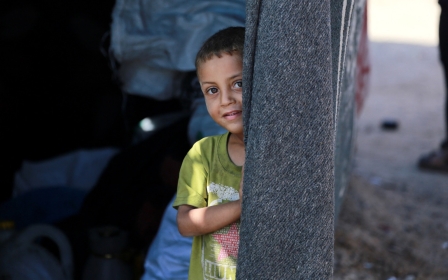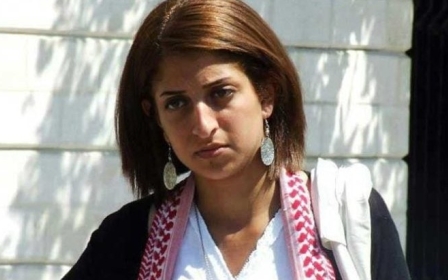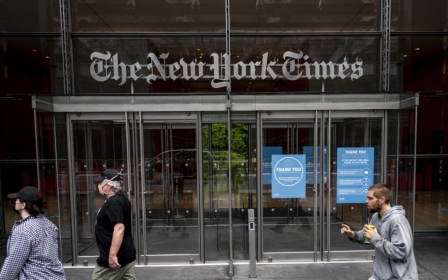Dozens of major news organisations urge Israel to allow open access to Gaza

More than 60 media and civil society organisations have signed a letter urging Israel to give journalists independent access to the besieged Gaza Strip.
“We…request that Israeli authorities end immediately the restrictions on foreign media entering Gaza and grant independent access to international news organizations seeking to access the territory,” the letter said.
The companies and organisations said that Israel’s tight control of who enters Gaza has restricted reporting to those who achieve “rare and escorted trips arranged by the Israeli military”, adding that “This effective ban on foreign reporting has placed an impossible and unreasonable burden on local reporters to document a war through which they are living.”
Middle East Eye, whose reporters are on the ground in Gaza, is a signatory to the letter. Other prominent media companies like ABC; Bloomberg; NBC; NPR; CBS; The Financial Times; The New York Times; and The Washington Post also signed the letter.
The petition comes four days after Israel allowed a select number of journalists to enter and film in Rafah, the southern Gaza border city that Israel has hammered with strikes and air raids for months.
New MEE newsletter: Jerusalem Dispatch
Sign up to get the latest insights and analysis on Israel-Palestine, alongside Turkey Unpacked and other MEE newsletters
The visit was tightly conducted under the scrutiny of Israel’s military, with journalists travelling in Israeli open-air vehicles. One report produced by The Wall Street Journal from the tour includes comments from Israeli military officials, but no Palestinian civilians from Rafah. The Wall Street Journal has not signed the letter.
“We ask that Israel uphold its commitments to press freedom by providing foreign media with immediate, independent access to Gaza, and that Israel abides by its international obligations to protect journalists as civilians,” the signatories wrote.
Plight of Palestinian journalists
Last week, the Gaza government's media office announced that five Palestinian journalists were killed in one day alone, bringing the total number of killed to 158 since 7 October when the war broke out.
In May, Israeli forces arbitrarily detained the wife of Middle East Eye correspondent Mohammed al-Hajjar at a military checkpoint in the central Gaza Strip, forcing the family to separate as they attempted to flee fighting.
MEE contributor Maha Hussaini was awarded the Courage in Journalism Award by The International Women's Media Foundation (IWMF) for reporting from the ground in Gaza, including uncovering Israeli field executions of Palestinians. The report was used as evidence by South Africa at the International Court of Justice (ICJ) in its case accusing Israel of genocide.
The organisation later rescinded the award after The Washington Free Beacon erroneously described Hussaini as a supporter of Hamas and an antisemite, citing social media posts commenting on the Israeli-Palestinian conflict and her own experience as a Palestinian woman trapped under Israeli occupation and siege in the Gaza Strip.
Media analysts and rights groups have slammed the one-sided coverage of the war in Gaza. In April, a leaked New York Times memo was revealed, instructing reporters to avoid using words like "slaughter" and "massacre" when describing Israeli-perpetrated violence against Palestinians.
Many people have taken to social media to question what they believe is media bias among western news outlets reporting on Israel’s war in Gaza, compared to Russia’s war on Ukraine.
“Hypocrisy in its simplest form,” a social media user wrote on X, comparing two headlines that appeared in The Guardian describing two hospital attacks: Israel’s "'Targeted' operation against Hamas", in one headline, and "'No words for this': horror over Russian bombing of Kyiv children’s hospital", in another.
Middle East Eye delivers independent and unrivalled coverage and analysis of the Middle East, North Africa and beyond. To learn more about republishing this content and the associated fees, please fill out this form. More about MEE can be found here.





